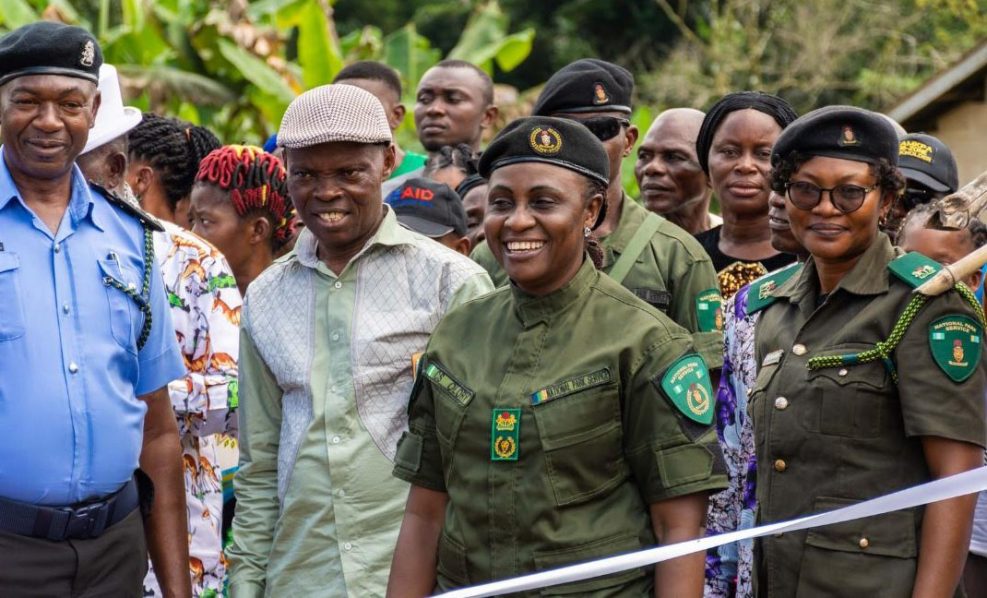
The Wildlife Conservation Society (WCS) has completed the rehabilitation of four boreholes in three communities in Cross River States under the Watershed Protection for Safe and Sustainable Water Supply project funded by the United States Agency for International Development (USAID).
The intervention includes the construction of two solar-powered boreholes in the Aking and Old Netim communities, as well as two hand-pump boreholes in the Nsan community, all in Akamkpa local government council. The rehabilitated boreholes would enable residents to have access to a safe water supply, while reducing the risk of waterborne diseases and improving their overall quality of life.
The project being implemented in Cross River and Bauchi States provides access to clean drinking water to 200,000 people in 137 communities and supports community-driven watershed management and sanitation initiatives, as well as safeguarding water sources through forest ecosystem conservation.
The Chief of Party, USAID Watershed Protection for Safe and Sustainable Water Supply project and Deputy Country Director WCS, Dr. Inaoyom Imong, said: “The WCS and its implementing partner are happy to be handing over these borehole projects to the communities.”
USAID/Nigeria’s Water, Sanitation, and Hygiene (WASH) Advisor in the Economic Growth and Environment Office, Latif-ur Rahman, said “everyone is entitled to the basic social services that include the provision of safe drinking water. USAID is partnering with the relevant stakeholders in Cross River State to provide safe and climate resilient drinking water that would not only provide safe drinking water to the community but would also contribute to the climate adaptation efforts.”
According to the Federal Ministry of Water Resources (2020), 49 per cent of the population in Cross River does not have access to basic water supply services and 65 percent lack access to basic sanitation services.
The project will provide clean water to about 3,600 community members within the three communities and increase water security and resilience for 71 communities in four LGAs in Cross River State that depend on the Cross River Watershed.






